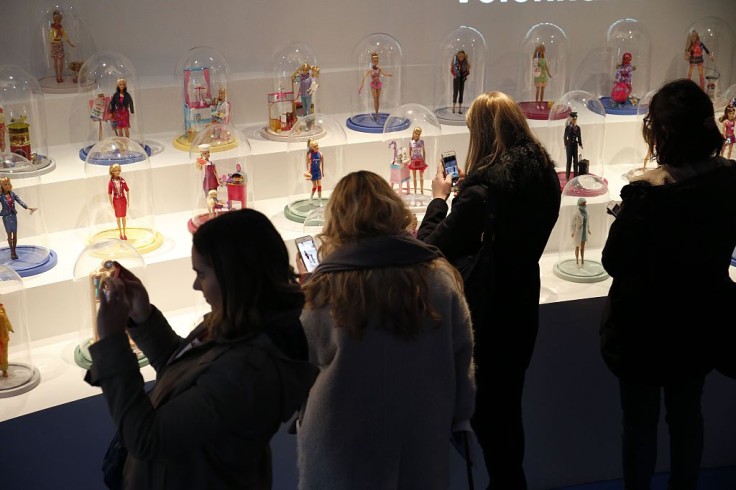
Mattel has issued an apology after receiving criticisms for its release of the Olympic Barbies that didn't have one Asian representation despite the games being held in Tokyo, Japan.
Following the global sporting event, Mattel came up with a special Olympic Barbies collection to celebrate athletes from all over the world who made a difference by showcasing their unique talents and abilities in sports. However, the line-up drew much criticism because the doll line didn't have one Asian image.
According to a spokesperson, their Skateboarder Olympic Barbie was supposed to represent the Asian community. However, based on the comments from the public that felt the doll didn't look Asian enough, the company said that its intention "fell short" on the expectation.
The Macomb County Commissioner in Michigan, Mai Xiong, who immigrated to the U.S. as a Hmong refugee, said that she wouldn't be buying the Olympic Barbies for her two daughters because it didn't have any Asian representation.
"We fully receive and recognize the feedback," a Mattel spokesperson said, adding that they will commit to "find more ways to champion all representation."
The 5 Olympic Barbie Collection
Mattel came up with five Barbie dolls for softball, karate, sport climbing, surfing, and skateboarding. The company said in 2020 that the Olympic Barbies collection was a nod for the games' "inclusivity and innovation" as it added the new competition categories to inspire the younger generation to pursue sports.
The toymaker collaborated with the International Olympic Committee and the Tokyo 2020 Committee for the Barbies' concept to help the Olympic brand connect with a younger audience. Aside from the dolls, Mattel also released a Hot Wheels and an UNO Olympic collection.
However, Mattel has created Barbie Dolls in the image and likeness of Asian sports superstars before. In 2018, the toymaker released a doll that looked like snowboarding competitor Chloe Kim. Before the Tokyo Olympics, Mattel also released a tennis Barbie Doll modeled after Naomi Osaka for its Role Model series. The said dolls were sold out in a matter of hours.
Attempts at Inclusivity
Barbie has been a popular doll brand for the last 61 years and has made strides in embracing inclusivity. In January, the company came up with an expanded Fashionista Barbie Dolls representing all girls of various body types, skin colors, and appearances.
The set introduced a Barbie with vitiligo (a skin condition), a Barbie with no hair, a Barbie on a wheelchair, and a Barbie with prosthetic limbs. In 2019, the company also released its special edition BTS Barbie, featuring all seven world-famous South Korean boy band members.
According to the toymaker, their doll lines are always created with inputs from various experts. For the unique Fashion Barbie Dolls collection, they consulted with medical experts as well as children with disabilities and conditions, while the Olympic Babies had input from various athletes as well as the Olympic committee.
Related Article: Barbie Releases 6 New Dolls Celebrating the 'Heroes of the Pandemic'